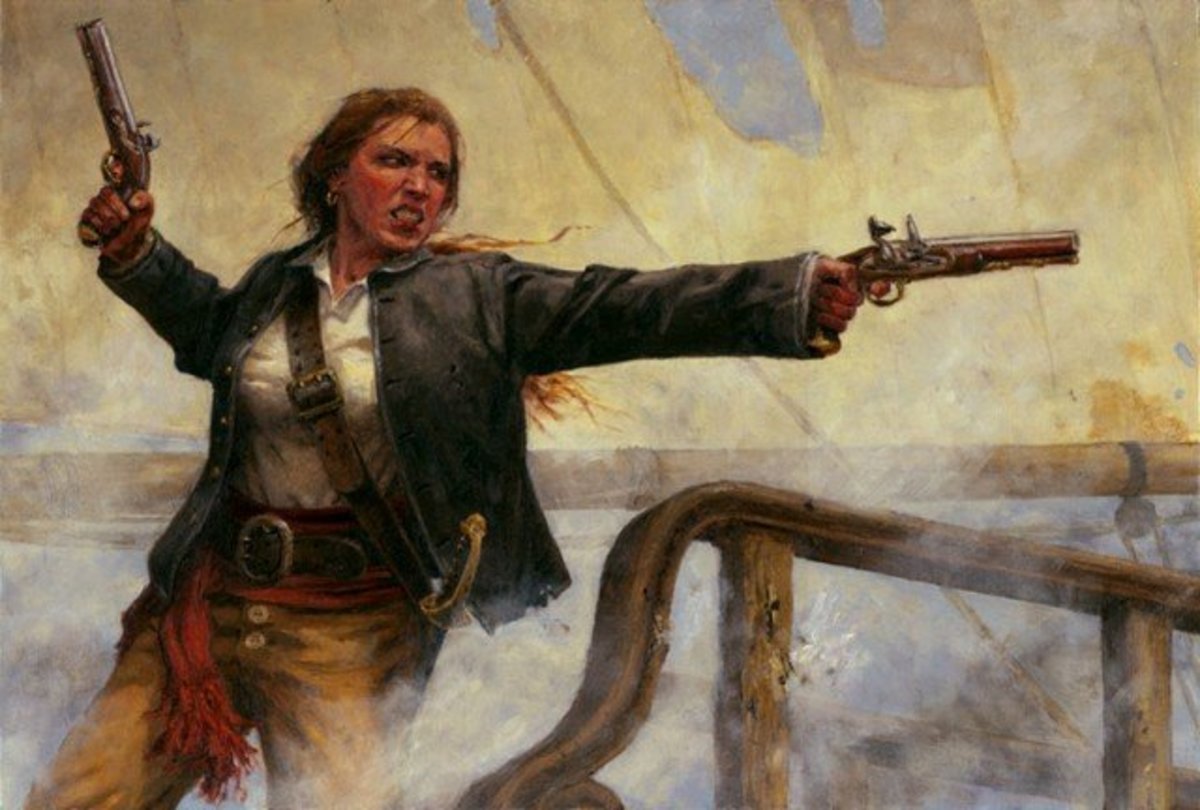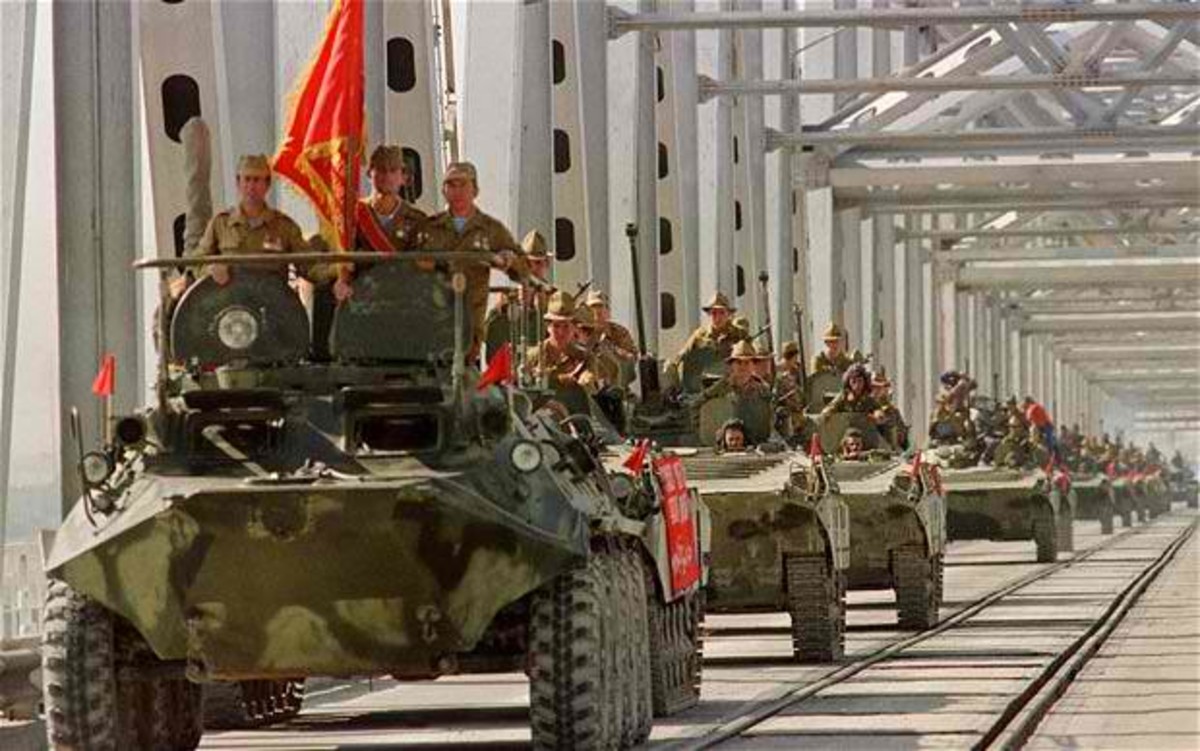Why some great empires fell
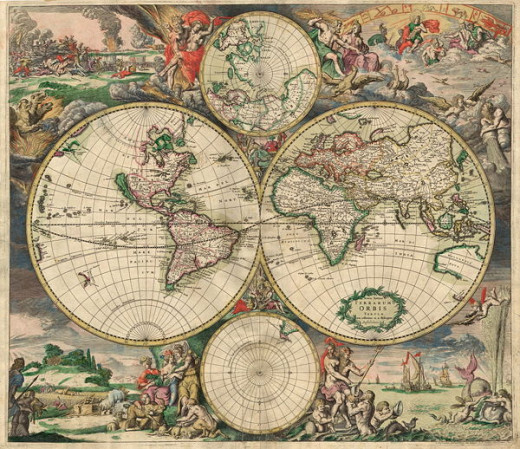
the first picture is the mongol empire at its peak,(the yellow area converted to Islam) the second one is th Ottoman Empire and the last one is the Roman Empire
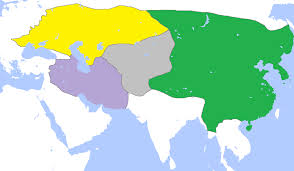
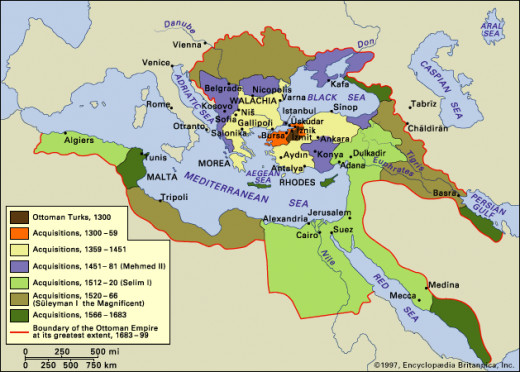
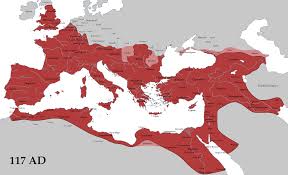
rise and fall
Empires rise and fall. I am going to cover some of the greatest empires known to the history of mankind.
The Roman Empire.
The fall of the Roman empire is actually a hard one to explain because which of the two do we mean? At the moment when the crisis of invading barbaric tribes started, there were two of them. There was a western Roman empire and an eastern one. The reason why the Roman empire was divided was due to administrative issues. To explain the reasons of why they fell we have to divide the two empires
The western Roman empire fell mostly because of the invading barbaric tribes that once lived on the northern border of the Roman empire. Also there were the very aggressive Huns. They used battle tactics that the Romans simply did not know. It was impossible to handle the Huns when they invaded Europe. Also there were economic issues. The resources in the empire were all used and could not be used again for a few hundred years. A few other reasons lay in the emperors themselves. The emperors were not experienced enough to rule such a huge territory. Because all of these reasons and several others the western Roman empire fell on the 4th of September 476.
The eastern Roman empire however managed to maintain to exist until 1453 when the Turkish Ottomans invaded their last standing city of Constantinople. Several reasons for the fall of this empire do not lay in the attacks of the Huns or invading tribes. Actually, the Huns could not even set a foot on Byzantine land. Later on, the Byzantine Empire even managed to expand. The reason why the empire fell however lays in the fact of the invading Arabs. When the prophet Muhammed died he left an Empire that stretched from the cities of Mecca to Medina. His Successor (Abu Bakr) managed to conquer the whole Arabian peninsula. The successor of Abu Bakr, by the name of Umar ibn al Khattab, was one of the main reasons why the Byzantine Empire fell. Umar was the ruler (or caliph) who was able to take a few very important Byzantine cities. These were the cities of Alexandria, Jerusalem and Damascus. Taking these cities broke the back of the Byzantine Empire. However, a siege to capture Constantinople by the Arabs failed. Constantinople wasn’t Conquered until 1453 when the Ottoman Empire, under the rule of sultan Mehmet Al-Fatih or Muhammed al-Fatih, besieged the city and conquered it.
The Ottoman Empire
The same Empire we just talked about also came to an end. It happened in 1924 when the last sultan Abdulmecid II was deposed by a group called the young Turks. In reality the empire fell in 1922 when the rule of the sultan became something ceremonial rather than functional.
But what is it that lead to the decline and eventually the fall of the Ottoman Empire? After the siege of Vienna the empire started to decline but it managed to survive because Europe was not united. The nations of Europe at that time were too busy killing one another so the Ottoman Empire was actually pretty lucky the European weren’t united. The rise of nationalism actually was the thing that broke the back of the Ottoman Empire. In 1821 the Greek independence war started and ten years later it became independent. After world war one the Ottoman Empire was bankrupt because they chose the losing side. Also the revolts of Arab nationalists and Slavic nationalists brought the empire in further decline until Mustafa Kemal Attaturk came to power and the Ottoman Empire fell. The middle east was separated by France an Great Britain while Mustafa Kemal came to power in Anatolia. Is it actually important to cover this empire? Yes it is! The fall of the Ottoman Empire is one of the main causes for the problems in the middle east.
The Mongol Empire
One of the biggest empires known to the history of mankind was the Mongol Empire. After Timuchin or Genghis Khan came to power and took over some Mongolian tribes he expanded his empire to China and later to Georgia, the Crimea and the Kievan Rus. The successors of Genghis were able to expand to the middle east which lead to the destruction of Baghdad in 1258. After that, the Mongols wanted to expand to Egypt and invade Africa but were stopped during the decisive battle of Ayn Jalut, when they had to face the Mamluks. The Mamluks used guns which caused terror among the Mongolian cavalry. The Mongolian cavalry was feared at that time and now the Mongols could not rely on their cavalry. After this battle in which the Mamluks were victorious there were several of uprisings an riots in Damascus. And one year after the battle of Ayn Jalut the Mongols were beaten in the battle of Homs and were expelled from Syria. A Khanate in the North of this area converted to Islam and the empire became more divided. The two battles that are covered and the conversion to Islam of the Kipchak Khanate ,better known as the Golden Horde, were two reasons of the fall of the Mongol empire but the main cause lays in the territory. One man could not simply rule a domain which is so huge and has so many cultures and religions in it. After the Mongol empire began to vanish it brought some nations such as China and Iran.
thank you!
I am not a historian so some of the things I have told might not be that accurate. however, I still hope that my article was educational. If you find anything that is not accurate in this article please leave a comment.

